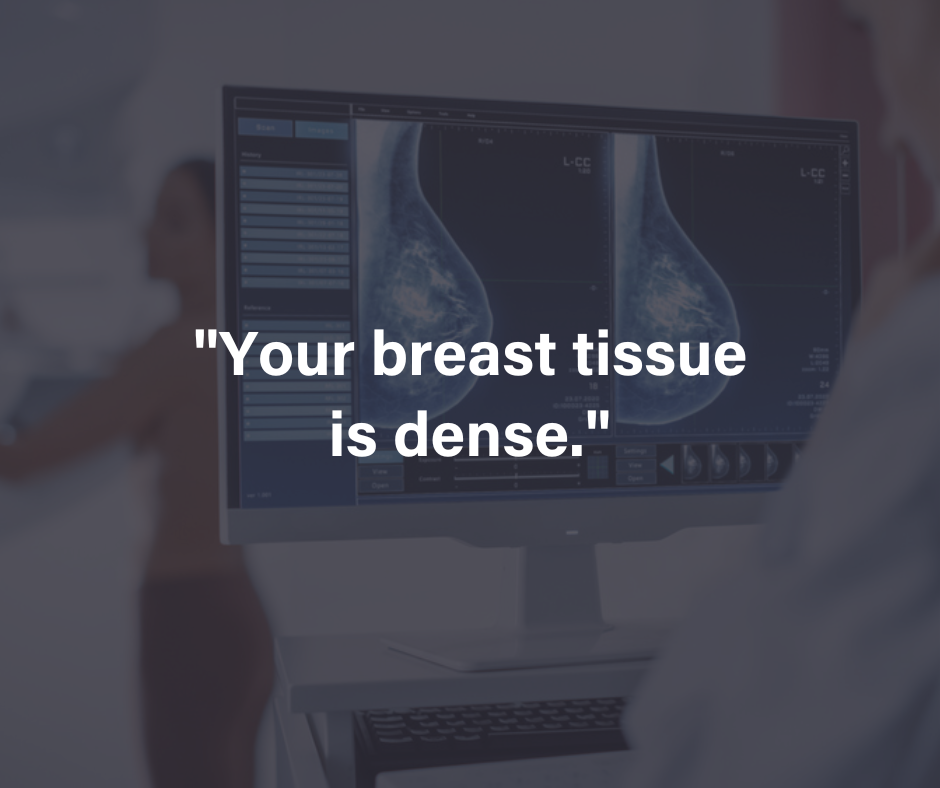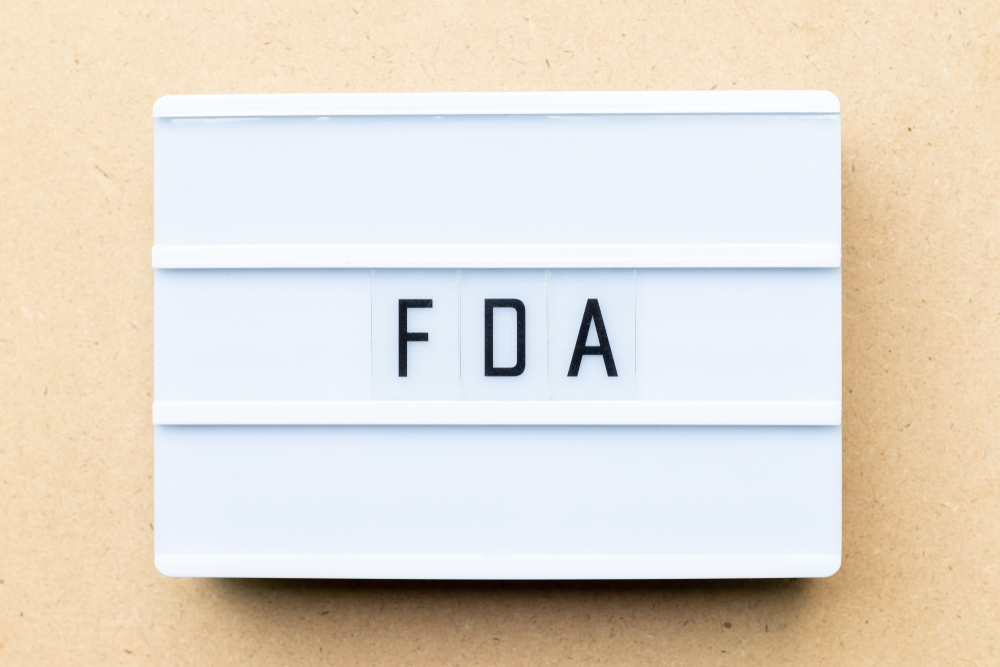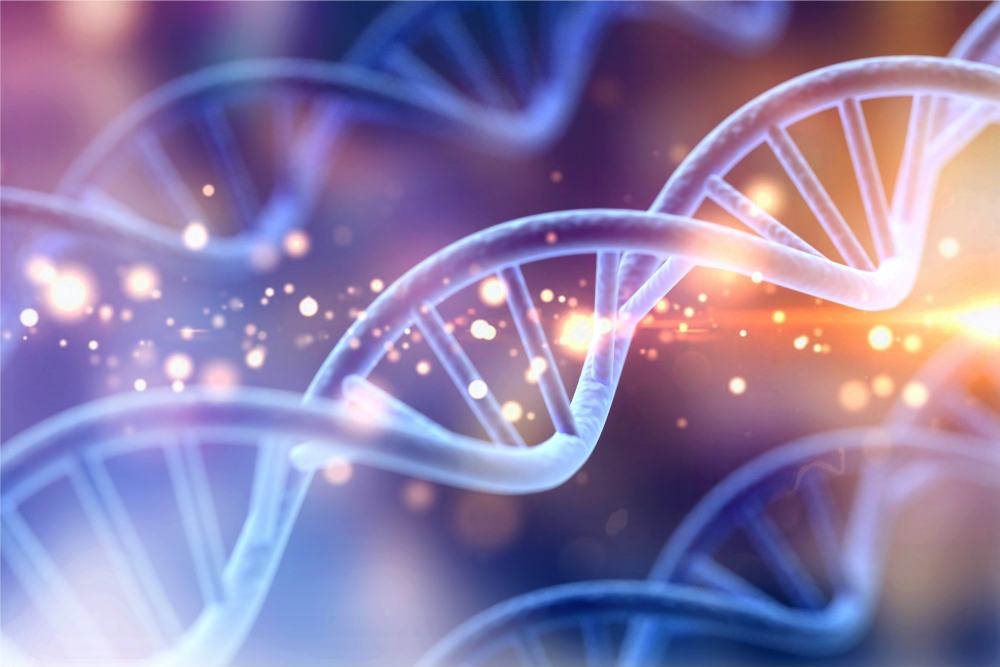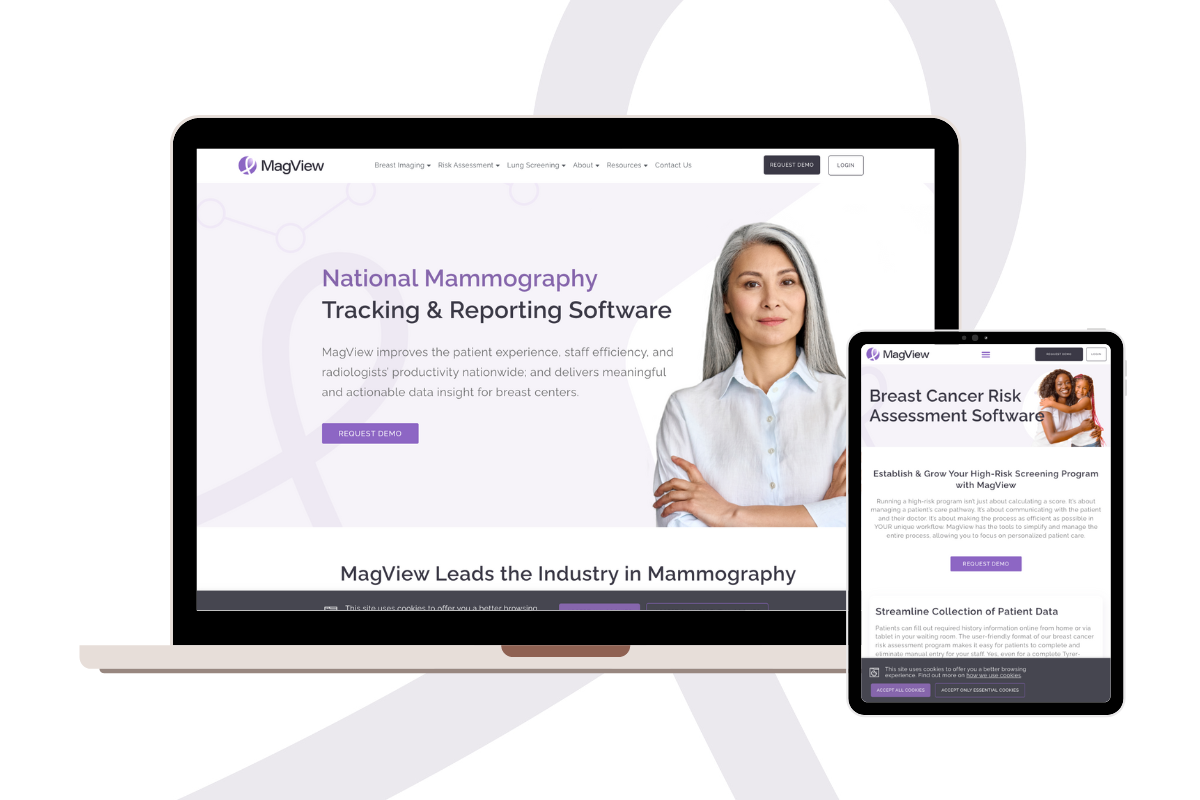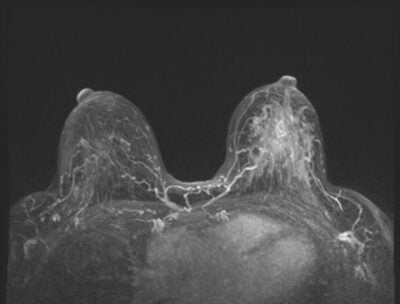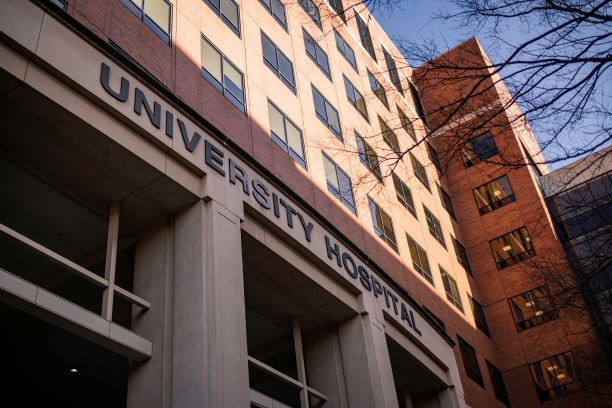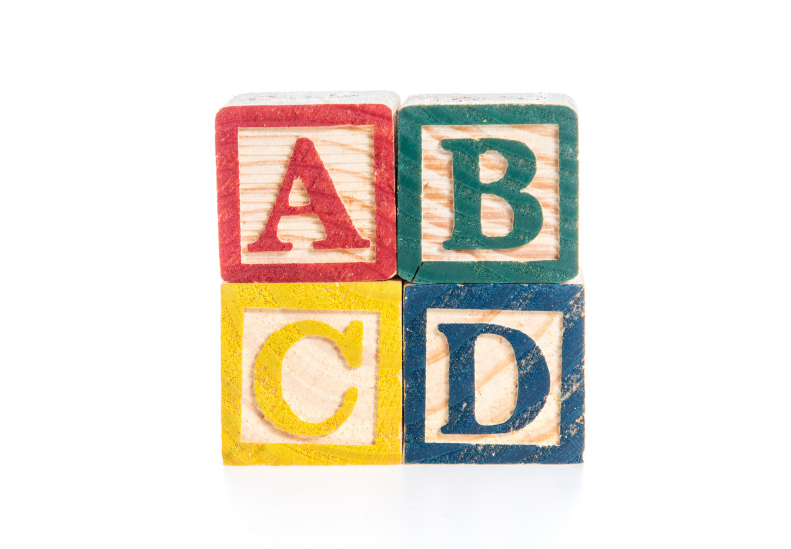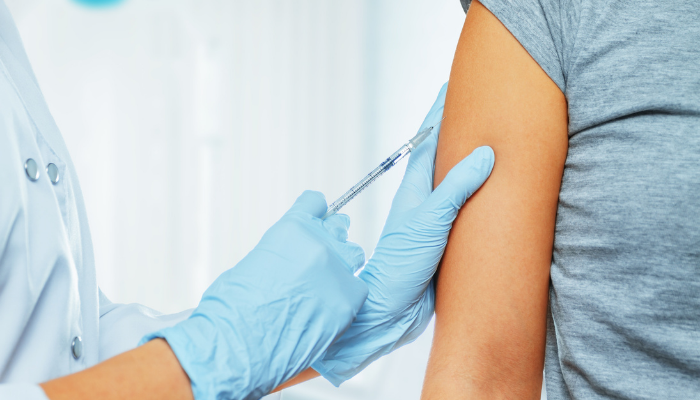If your mammogram showed that you have dense breast tissue, you are not alone. Nearly half of women over the age of 40 have dense breasts, which simply means that there is a low amount of fatty breast tissue compared to the amount of glandular tissue and fibrous connective tissue in your breasts. Understanding what causes dense breast tissue and what it means for your cancer risk will help you take charge of your health.
What Causes Dense Breast Tissue?
Genetics is the most common cause of dense breast tissue, but other factors may also come into play, such as:
- Age: Breasts may become less dense and more fatty as you age, and only 20-30% of women age 70-75 have dense breasts
- Hormone replacement therapy slows down the process of decreasing breast density during and following menopause, increasing the risk for dense breasts
- Women with a lower BMI are generally at a higher risk for having dense breast tissue
Dense Breast Tissue Explained
Dense breast tissue is a mammogram term and cannot be detected by simply feeling the breasts, even by a doctor. The American College Of Radiology (ACR) developed the Breast Imaging Reporting and Data System (BI-RADS) to rank breast density into 4 categories:
- Entirely fatty breast tissue: Present in about 10 of women, this means there is very little glandular tissue or fibrous connective tissue
- Scattered fibroglandular breast tissue: About 40% of women have mostly fatty breast tissue with some fibroglandular tissue throughout
- Heterogeneously dense breast tissue: An additional 40% of women have breasts that consist of a lot of fibroglandular tissue but with a fair amount of fatty tissue
- Extremely dense breast tissue: In 10% of women, the breasts consist almost entirely of fibroglandular tissue with almost no fatty tissue
If your mammogram results letter or your radiologist indicates that you have dense breast tissue, this means you have heterogeneously dense breast tissue or extremely dense breast tissue, as described above.
Dense Breast Tissue and Cancer Risk
Research has shown that dense breast tissue increases the risk of getting breast cancer, but the reasons for this are not yet clear. Women with dense breast tissue carry an increased risk for breast cancer even after accounting for screening challenges.
FAQs
What does it mean to have dense breasts?
If your mammogram determines that you have dense breasts, it means there is a low amount of fatty breast tissue compared to the amount of glandular tissue and fibrous connective tissue in your breasts.
What causes dense breast tissue?
Dense breast tissue most commonly occurs due to genetics, but other factors like BMI or weight, age. Medications, and hormone therapy can affect breast density.
How do I know if I have dense breasts?
The only way to know if you have dense breast tissue is by getting a mammogram and checking the results. Dense breasts cannot be detected by hand, even by medical professionals.
Do dense breasts increase my risk for breast cancer?
Yes, but knowing that you have dense breasts allows you to get regular breast cancer screenings with advanced methods that can accurately detect breast cancer, even in the presence of dense breast tissue.
What should I do if I learn I have dense breasts?
If you learn you have dense breasts, talk to your doctor about supplemental screening. Since a mammogram alone is not enough for women with dense breasts, you should speak to your doctor about getting a breast ultrasound or breast MRI in addition to a mammogram.
Dense Breast Tissue and Mammograms
Dense breast tissue is often hard to distinguish from cancer in a traditional mammogram. Since early detection of breast cancer greatly improves outcomes, women with dense breast tissue should talk to their doctors about more advanced breast cancer screening methods like 3D mammography, breast ultrasound, or breast MRI.
Managing Dense Breast Tissue
There’s not much you can do to lower the density of your breasts, but knowing that you have dense breast tissue empowers you to take charge of your own health. Regular mammograms, breast MRIs, and breast ultrasounds can help you and your doctor to detect breast cancer early to have the best possible outcome. It’s also important to eliminate any risk factors that are within your control, such as avoiding smoking and alcohol, maintaining a healthy weight, getting regular exercise, and eating a healthy diet/
Key Takeaways
Almost half of women over the age of 40 have dense breast tissue. A mammogram is necessary to diagnose dense breast tissue since it cannot be detected with a standard breast screening. Dense breast tissue makes it hard to detect cancer with a regular mammogram and may require more advanced screening methods. Women with dense breast tissue have a higher risk for getting breast cancer, but knowing that you have dense breasts will help you and your doctor plan for appropriate screening methods and frequency to optimize health outcomes.

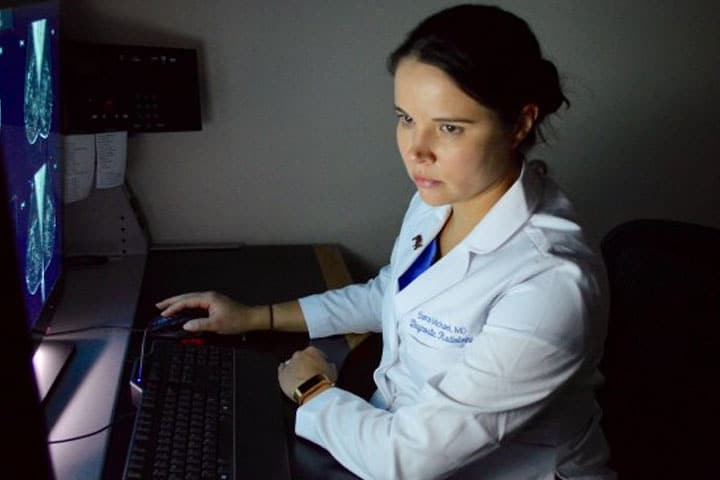

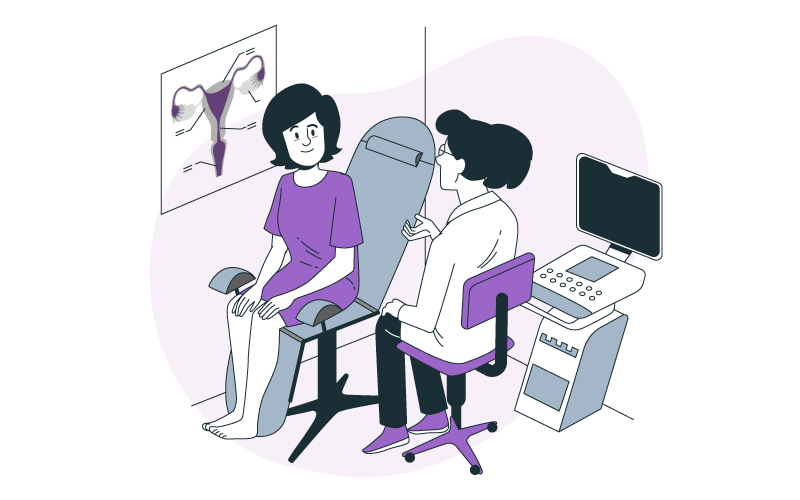




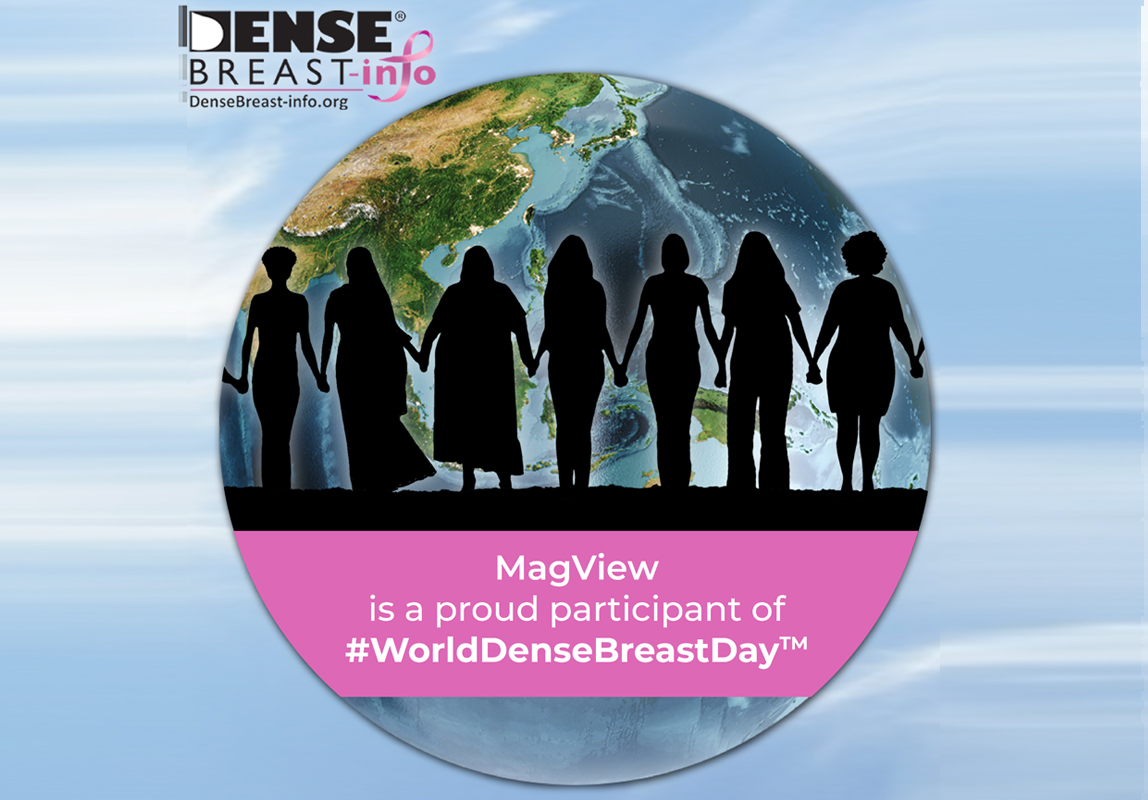
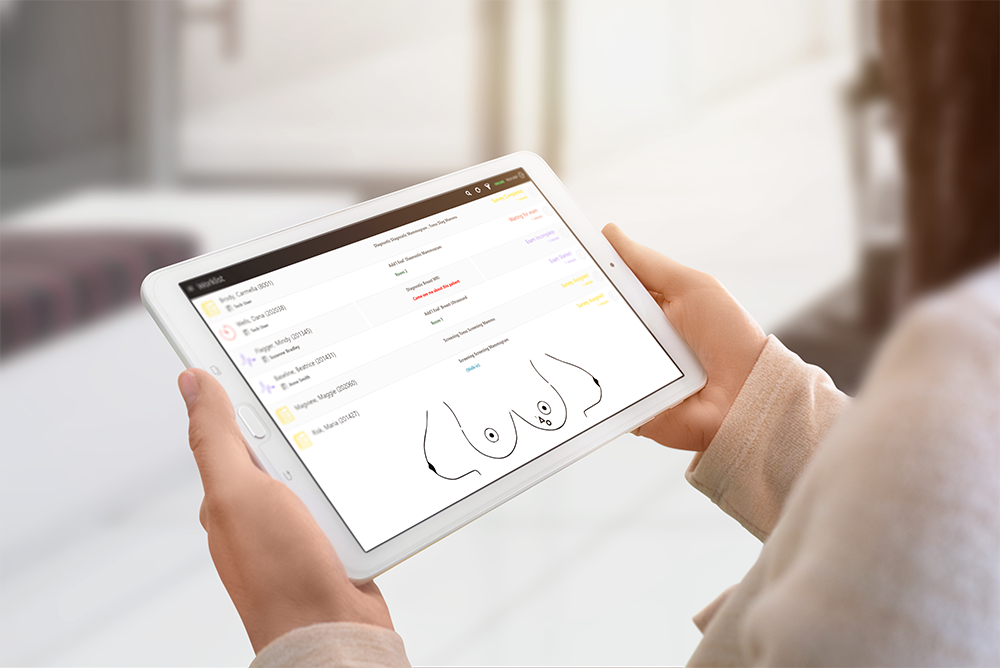

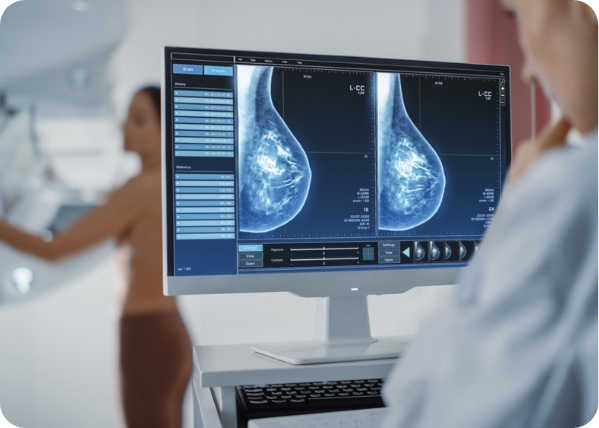

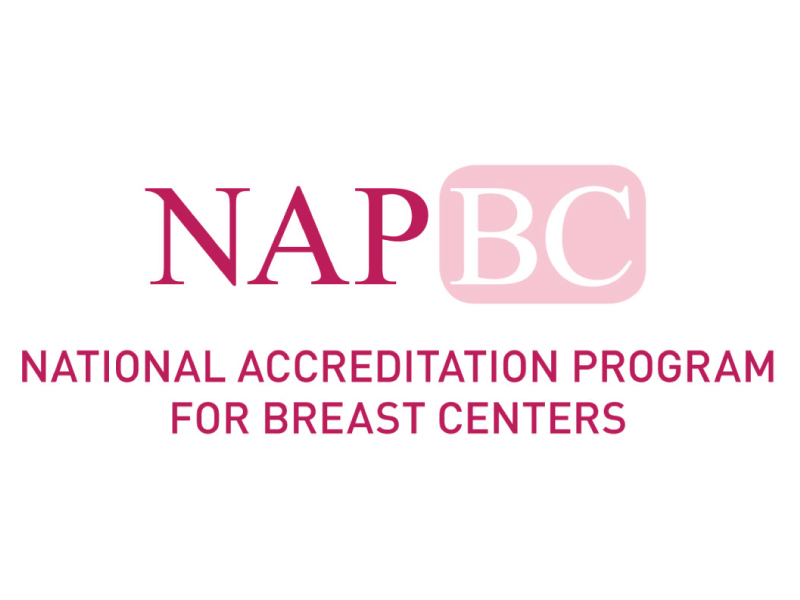
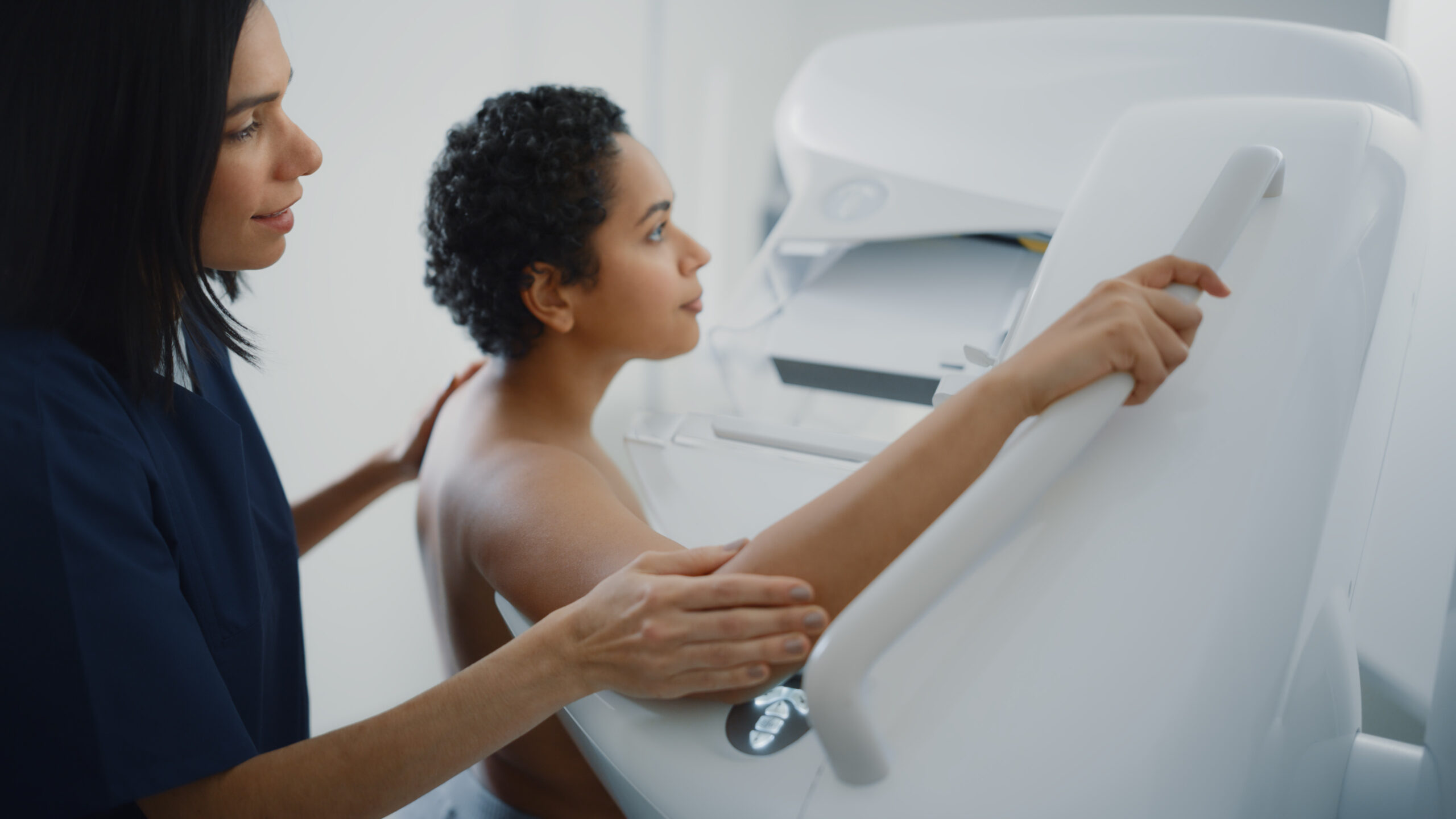
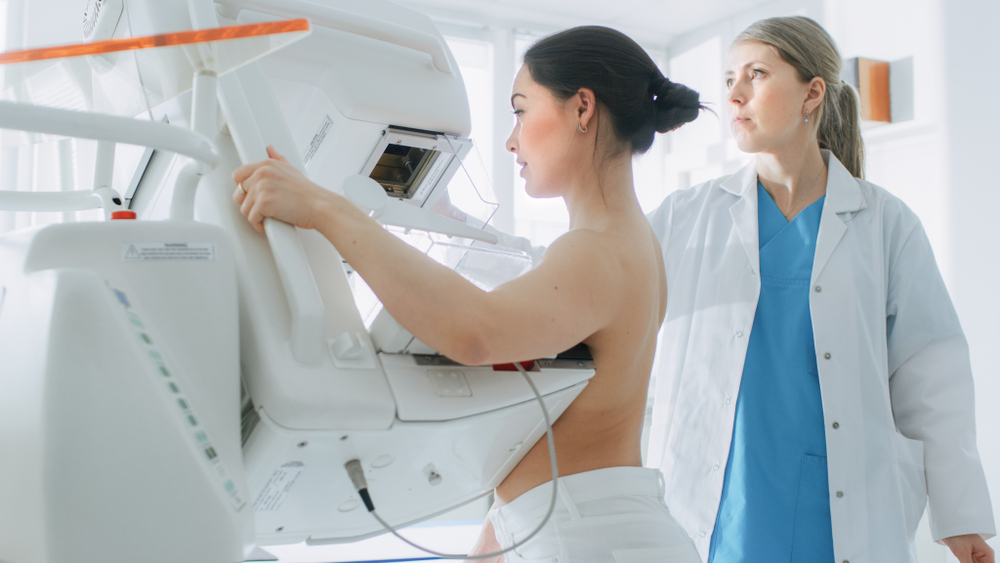
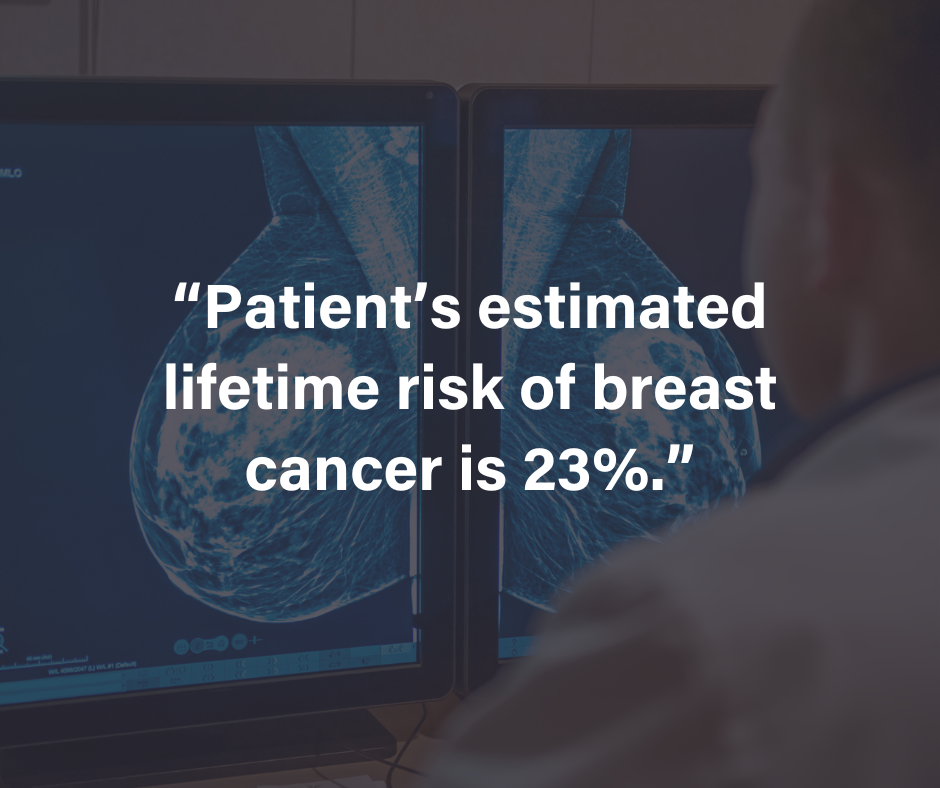
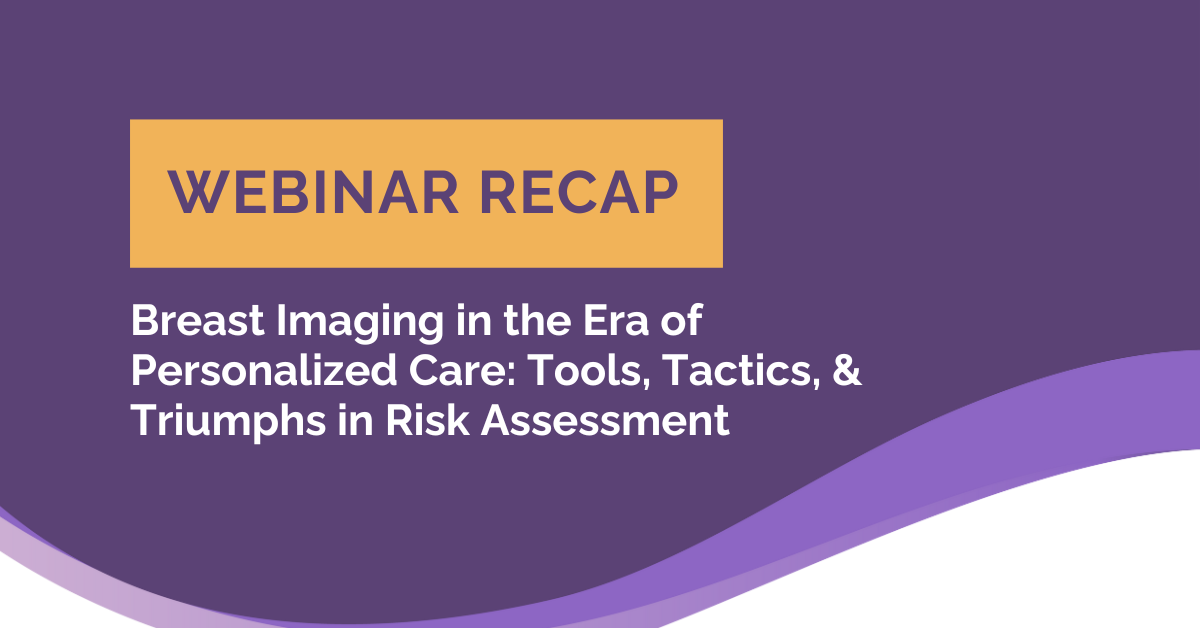
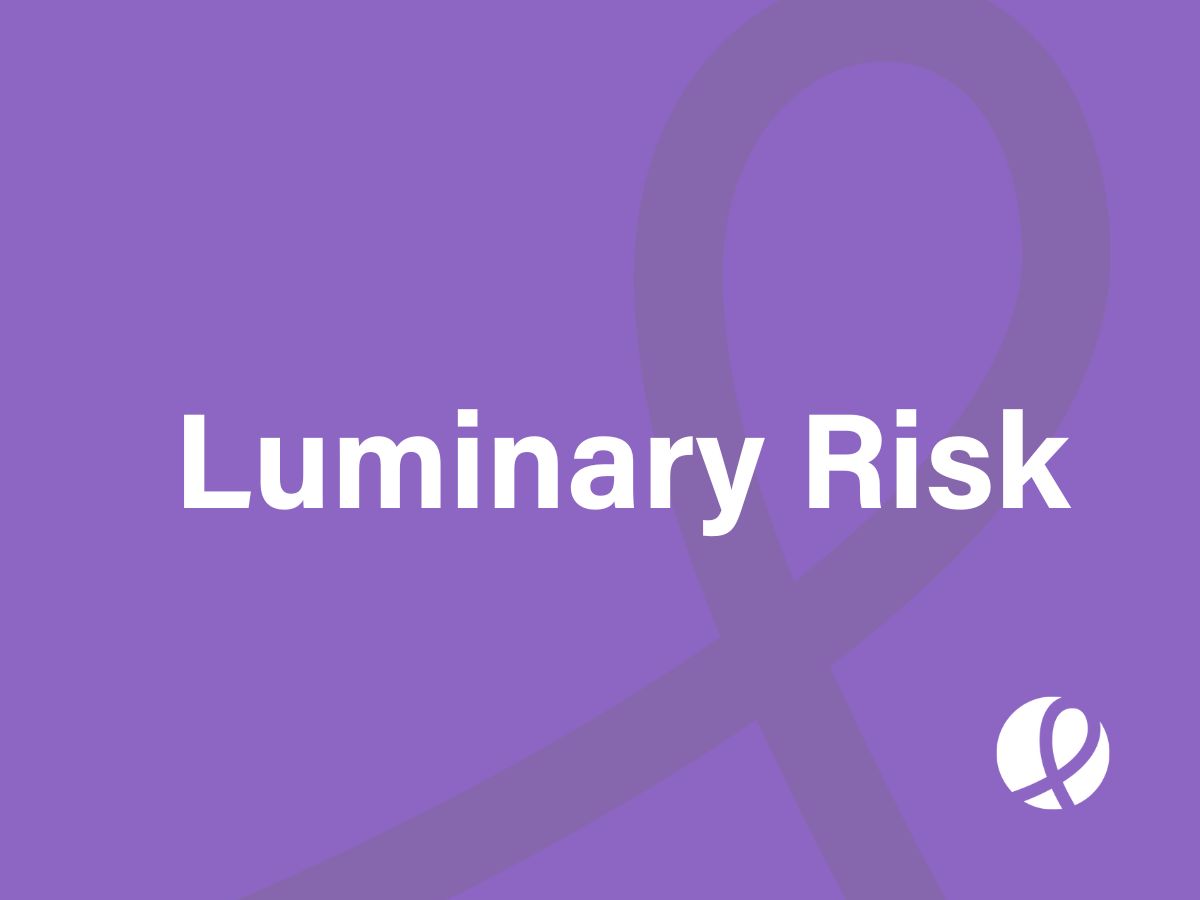





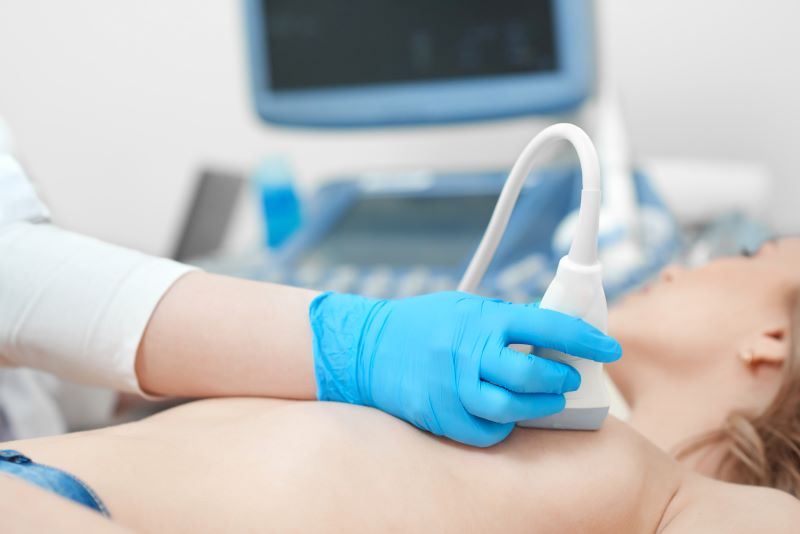
![monitoring breast density shutterstock_1299510538-[Converted]](https://magview.com/wp-content/uploads/2023/05/shutterstock_1299510538-Converted.jpg)

